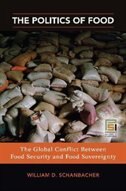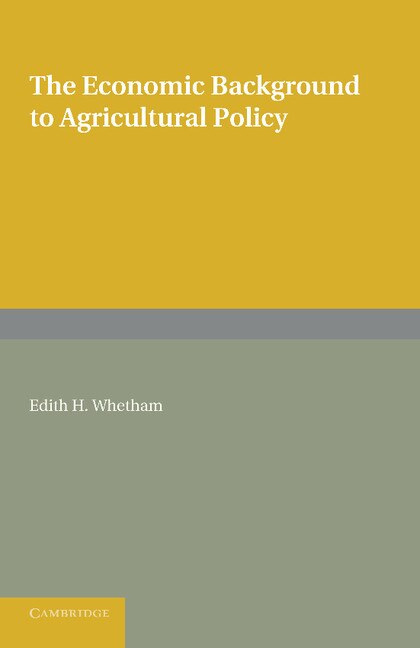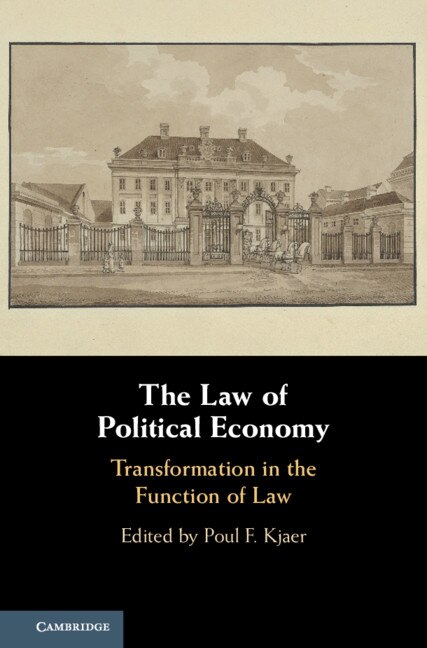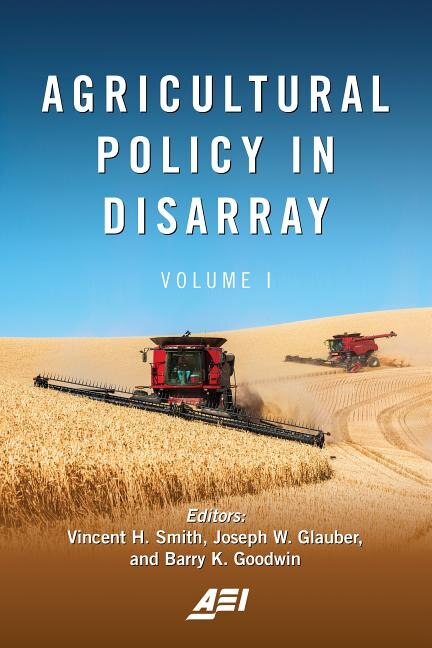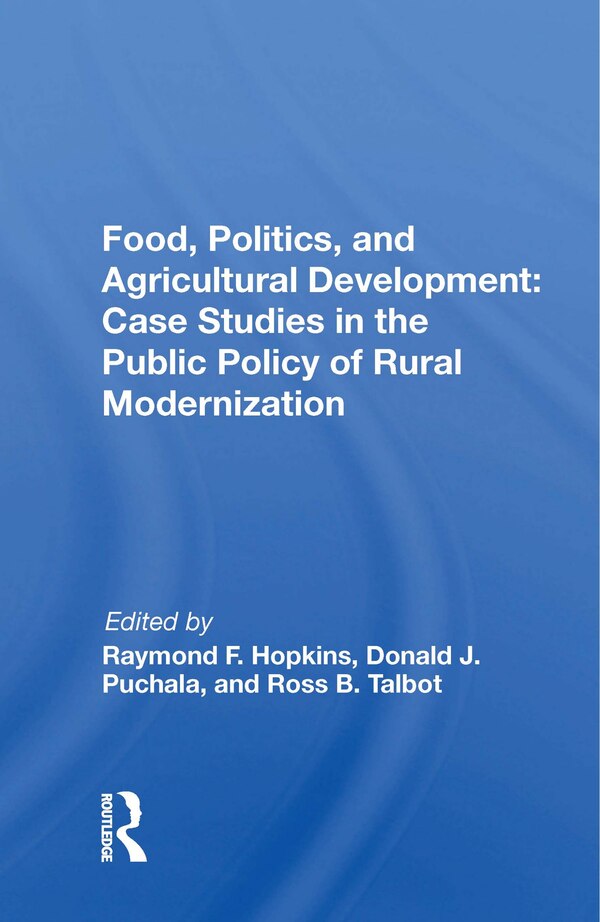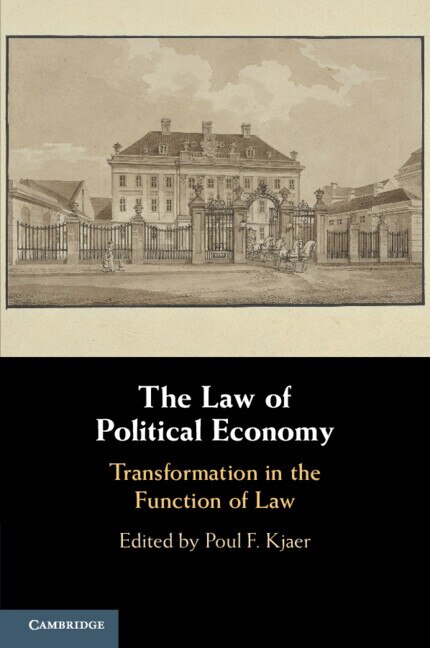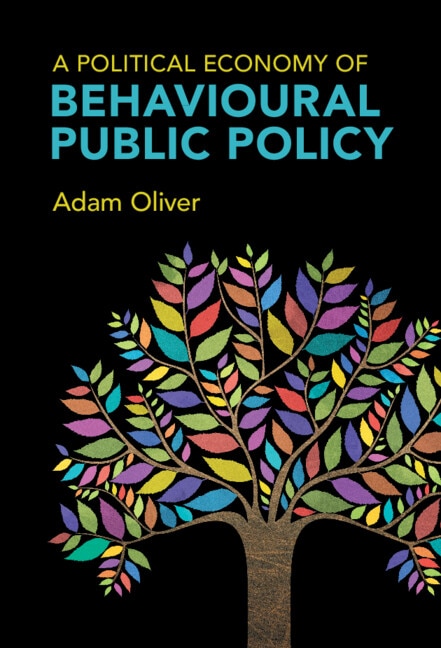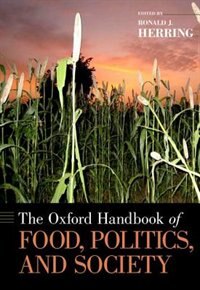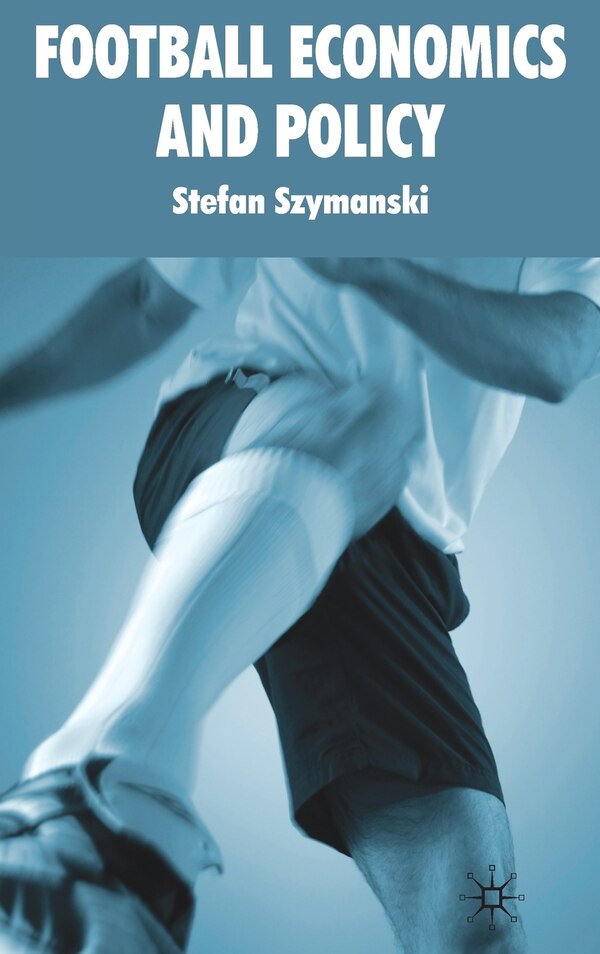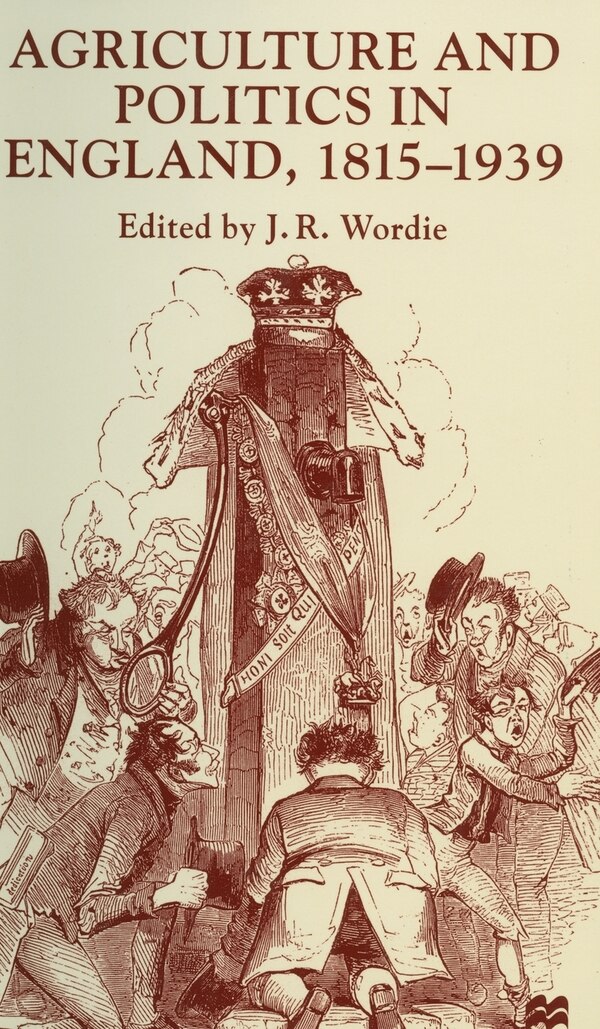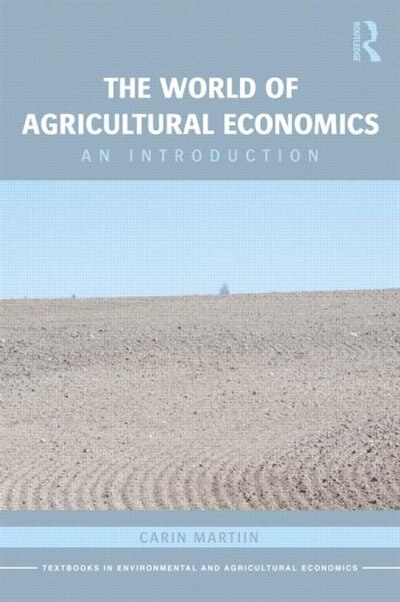Home
The Political Economy Of Agricultural And Food Policies by Johan Swinnen, Hardcover | Indigo Chapters
Loading Inventory...

The Political Economy Of Agricultural And Food Policies by Johan Swinnen, Hardcover | Indigo Chapters
From Johan Swinnen
Current price: $204.50
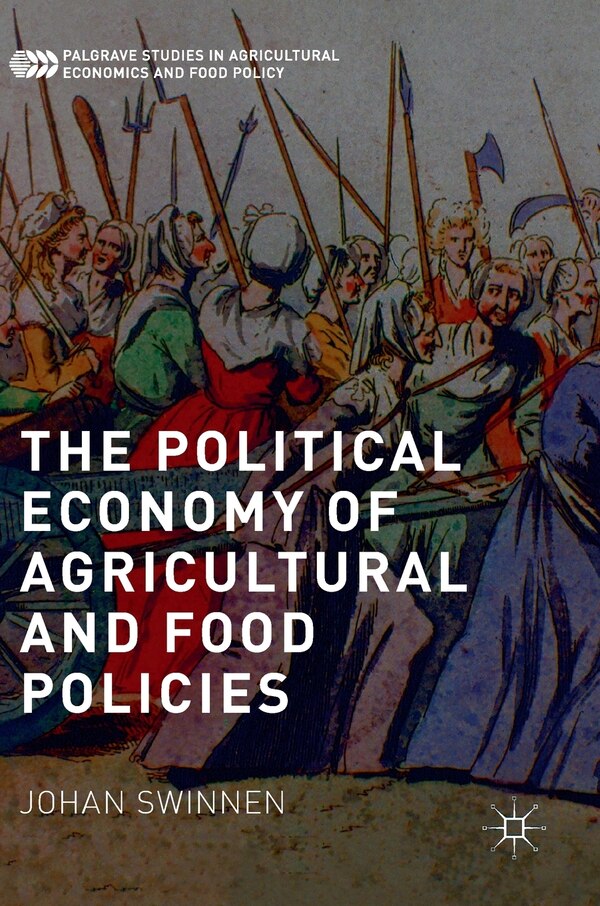

From Johan Swinnen
The Political Economy Of Agricultural And Food Policies by Johan Swinnen, Hardcover | Indigo Chapters
Current price: $204.50
Loading Inventory...
Size: 1 x 8.27 x 1.08
*Product information may vary - to confirm product availability, pricing, shipping and return information please contact Coles
The political economy of agricultural and food policy is timely, not just from a policy perspective, but also from the perspective of developments in the literature. Looking back, the 1980s and first half of the 1990s were a very active period in the field of political economy of agricultural protection and policy distortions. This research was triggered by a combination of factors. First and foremost, there was the puzzling question: why was agriculture supported in rich countries and taxed in poor countries? At the same time studies were fueled by emerging general theories of 'new political economy', coming out of the University of Chicago (with the important contributions of Stigler, Peltzman and Becker), the public choice school of Buchanan and Tullock, and the influential work of Downs and Olson. A third factor was the arrival of new data, in particular the dataset assembled as part of the World Bank study organized by Krueger, Schiff and Valdes (1991). The combination of an intriguing question, a rich set of new general theories to apply, and fascinating data induced a rich and vast literature on the political economy of agricultural trade and distortions in the 1980s and the first part of the 1990s. Research interest in the political economy of agricultural policies was waning in the second part of the 1990s and research activities in this field became less intensive. However, similar conditions that sparked an intense interest in the political economy of agricultural policies in the 1980s, and yielded a rich harvest of interesting findings, were once again present in the past years. First, there are new and innovative datasets available, in particular for institutional and political variables, and on agricultural and food policies. Second, there have been important new developments concerning political economy in other parts of the economics profession which have potentially important implications for the political economy of agricultural policy distortions. Third, there are also important new questions to be addressed. How have important institutional and political reforms in the 1980s and the 1990s affected agricultural policy distortions? How have changes in international organizations and international trade agreements affected agricultural policy distortions? (Examples of these developments over the past decade include effects of the Uruguay Round Agreement on Agriculture (URAA), establishment of the WTO, the North American Free Trade Agreement (NAFTA), EU enlargement, etc.) How have policies (and goverments) responded to major changes in global agricultural markets, and to new global challenges such as climate change, growing bio-energy markets and food price spikes? All this has resulted in a series of new theoretical and empirical research on the political economy of agricultural and food policies. II. Objective and Organization of the Book The objective of this book is to integrate key insights of both the older and the new literature and provide a comprehensive review (and to end by pointing out remaining gaps in our knowledge and promising areas for further research). The book is planned to have two major parts. The first part will review key insights from the theoretical and empirical literature on factors that affect agricultural and food policy (and the political economy mechanisms behind them). This includes an analysis of the role of inequality and structural changes in the economy, the role of political institutions and ideology, the impact of crises, and the political economy of information and the role of the mass media. The second part will use these insights and use them to provide explanations for specific empirical observations. This includes addressing why agricultural protection increased (in a non-linear fashion) in most of the 20th century, why there has been a turnaround in the past 30 years and subsidization in rich countries has declined at the same time when agricultural taxation of poor countries has declined; why agricultural liberalization has taken very different pathways in China versus Russia; etc. | The Political Economy Of Agricultural And Food Policies by Johan Swinnen, Hardcover | Indigo Chapters

